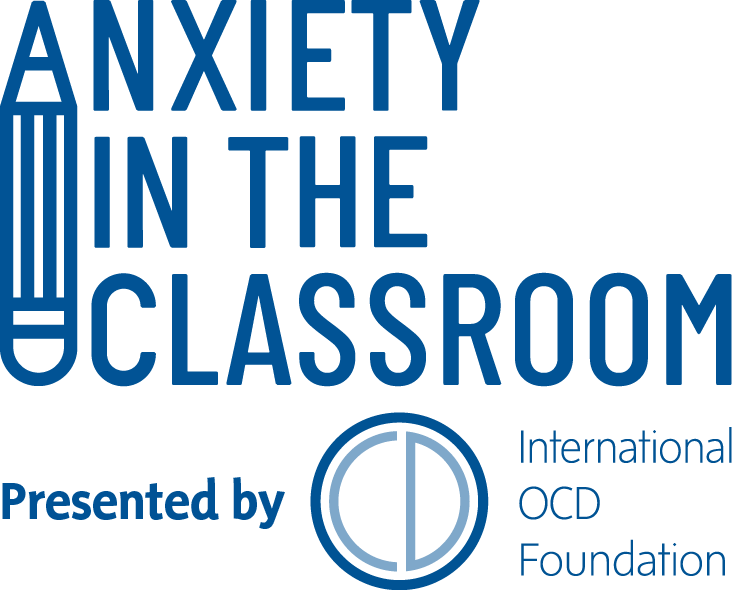Taking care of yourself and erasing stigma
Self Care
Below are some ways you can start taking care of yourself while at school. It’s essential to not only keep up with your treatment but also make time for the people and things that you love. This will greatly improve your quality of life.
Keep Calm
Rate your feelings on a scale of 1–10. Ask yourself each day, “What’s my Feeling Temperature?” If it’s above a six or seven, it may help to take a short break and a few deep breaths. When your Feeling Temperature cools down to a five or below, you may find it easier to think rationally and logically and resume what you were doing.
Make time for the things you value
What’s important in your life? What do you value? Perhaps it’s friendships, family, and relationships. You may value your health and wellness. Spirituality or your faith may be important aspects of your life. You may have a hobby, interest, or passion that you find very satisfying. You may value compassion and helping others. Write down your values, and try to make time for some of them each
Maintaining Good Habits
Maintaining good habits can also go a long way towards keeping you emotionally healthy and lifting up your mood. This will leave you better able to deal with the stress and pressure that can cause OCD/anxiety to flare up.
Here are some of the things you can do keep yourself ready to face the challenges of a college life:
Unhealthy Coping Mechanisms
- It is important to be aware of the dangers of experimentation with substances (such as alcohol and recreational drugs) in an effort to fit in or partake in the social scene, or even to calm OCD/anxiety symptoms or other unwanted emotional and/or physical distress. Often this has a negative impact on an individual’s activities, schoolwork, and social life. Substance use disorder (SUD) is categorized as a repetitive pursuit of attaining and using substances in order to receive temporary relief from unwanted symptoms of emotions and/or physical distress. Learn more about OCD/anxiety and SUD.
- If you or someone you know may be experiencing a problem with substances, contact your campus health center to receive resources and support. Always seek immediate help if you or someone you know is feeling unsafe.
Crisis
Never wait to seek help — reach out when you are struggling. If there is an emergency or you are ever feeling suicidal or unsafe please go to your local emergency room, call 911, or call the suicide prevention hotline at (800) 273-8255, or visit their online chat at suicidepreventionlifeline.org/chat for free, confidential help and support. Remember that hope and help are always available. You are never alone.
Be prepared for anything by learning about your campus’ emergency resources. Save the appropriate emergency contact numbers in your phone, be aware of nearby hospitals, and know your treatment preferences.
Support Networks
Along with keeping in touch with your support system back home, college provides opportunities to meet new people and develop strong friends. Be sure to not isolate yourself — join a club or get involved with other student life activities. Typically, colleges have activities specifically designed for freshmen and new students. Take advantage of these events to get to know your fellow students. If this seems overwhelming to you, start small by getting to know your roommate, dormmates, and/or classmates.
Connect with the OCD/anxiety community
There are several ways in which you can connect with not only the IOCDF, but the OCD/anxiety and related disorders community as a whole.
Erasing Stigma
As a college student, you can help spread awareness and reduce stigma on your campus. Stigma can stand in the way of someone asking for help or seeking the treatment they need. Your advocacy efforts can help impact a student that is just starting to have OCD/anxiety symptoms.




